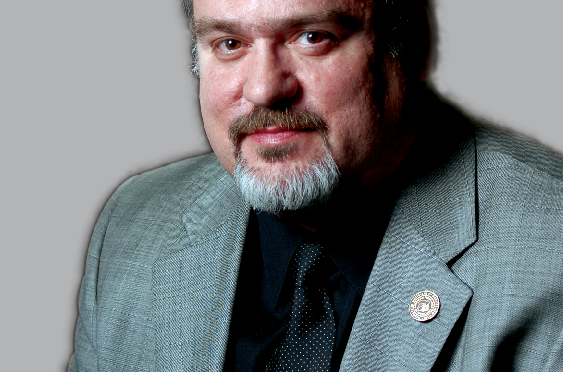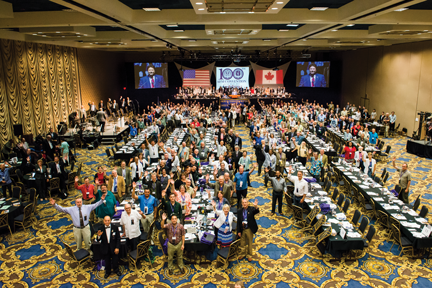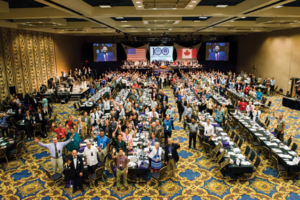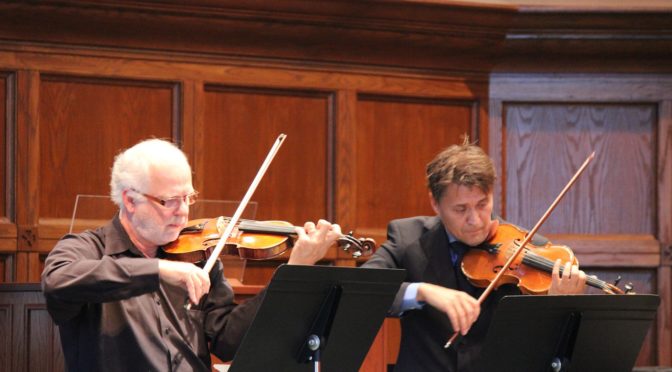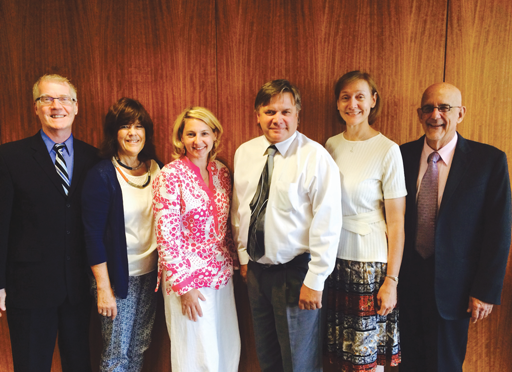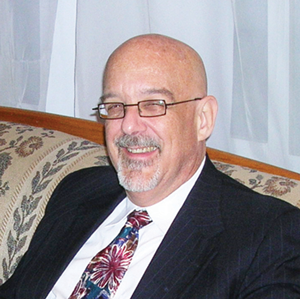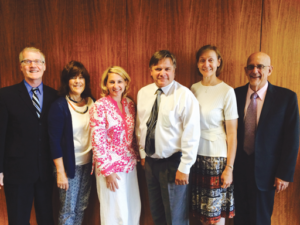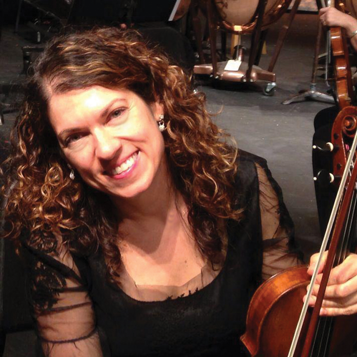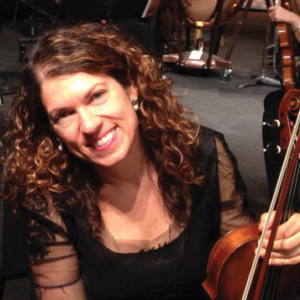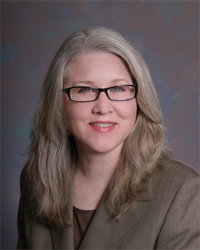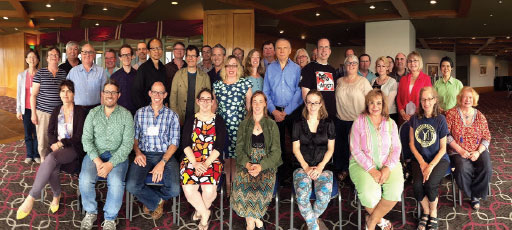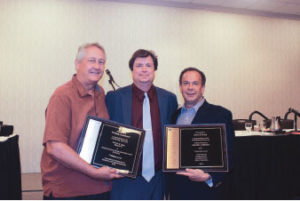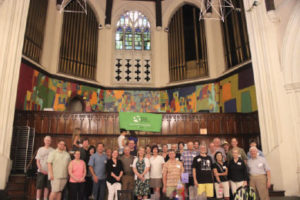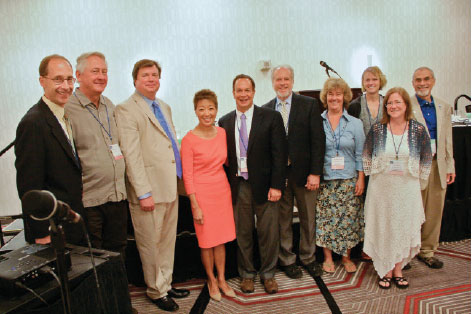Conversation leads to common goals and the strength to preserve live music.
“We are only as strong as we are united,” said New York State AFL-CIO President Mario Cilento, shortly after his re-election at the NYS AFL-CIO Convention August 22. Naturally, I couldn’t agree more. Musicians need to stand together, if we are to fight against the exploitation of our work and the continued degradation of live music. In solidarity and partnership, there is power.
That lesson should not be applied solely to our membership and our organizing efforts, but also to our advocacy and partnership work with municipal governments and agencies. By building strong relationships and cultivating new allies and partners, we will identify opportunities to ensure that our towns, cities, and states are places that musicians can create music, while also affording to live and raise a family.
The rewards are great, and it always starts with a conversation.
Here in New York City, we recently had the opportunity to start a new conversation with the Mayor’s Office of Media and Entertainment (MOME) when Commissioner Julie Menin was appointed to lead the agency in March. Though we already had a minor relationship with Commissioner Menin prior to her new appointment, we thought it of vital importance that we extend a hand as she settled into the role. Since that initial meeting the relationship has flourished.
We explained the intricacies of the music industry and the challenges musicians face—from misclassification to affordability, real estate, and the difficulties new technologies present to intellectual property rights. After she detailed her office’s assets and discussed her agenda, it became clear that we shared multiple goals and priorities. We both wanted to bring live music to more people throughout the city, and we both agreed it is vital that live music performance flourishes.
From that point forward, the staff of Local 802 (New York City) and the staff at MOME were able to work together on MOME’s Broadway in the Boros initiative, an unprecedented project to bring Broadway performances to public spaces outside of Manhattan, thereby expanding access to the excitement of Broadway and the power of live music.
From the beginning this was a complicated project; there was no model to follow. Which contract was applicable? Who was producing the show? What constraints do procurement laws place on the payment of musicians? Who should be hired and who is contracting the performances? All these questions had to be ironed out. But, because of that initial conversation, the team at Local 802 and the staff at MOME were able work stronger together; we knew we shared common goals and could trust one another’s intentions.
Today, the initiative has drawn to a close and we are working with them to agree to a long-term contract in the event that they choose to expand the program to future summers. We certainly hope they do because, not only did this program bring live music to new audiences and new communities, not only did it pay fair wages and contribute to pension and health benefits, but it was an initiative that will serve as an example that municipal governments and agencies can follow in the future.
Musicians are stronger when we are standing together, and even more so when we have allies and partners to stand alongside. When you can find a shared goal, like the preservation and promotion of live music performance, partnerships can flourish!


